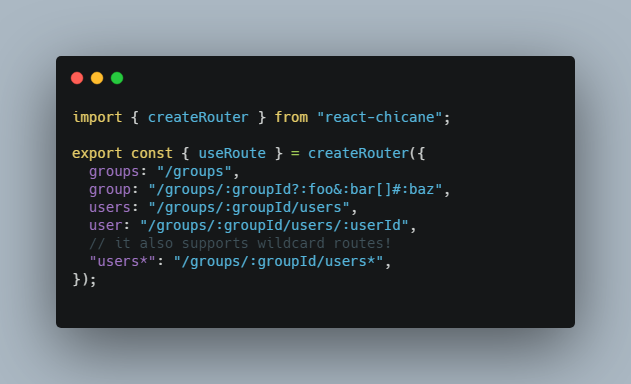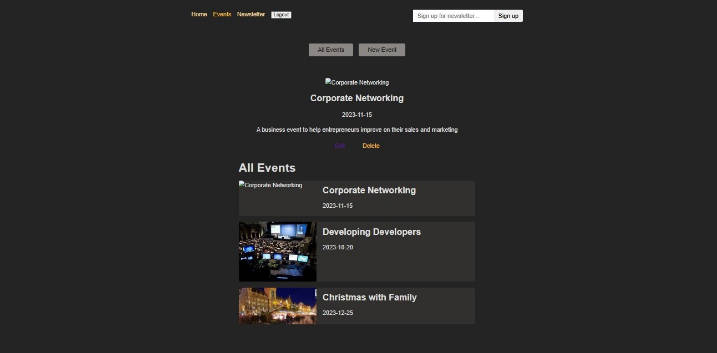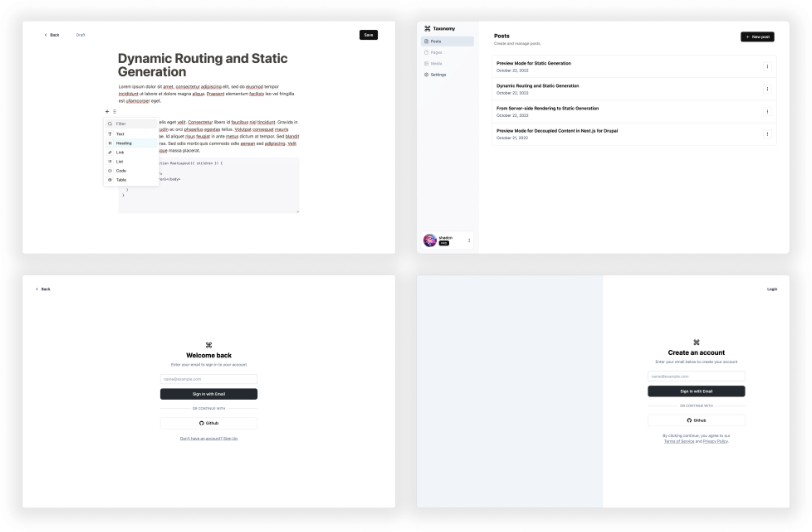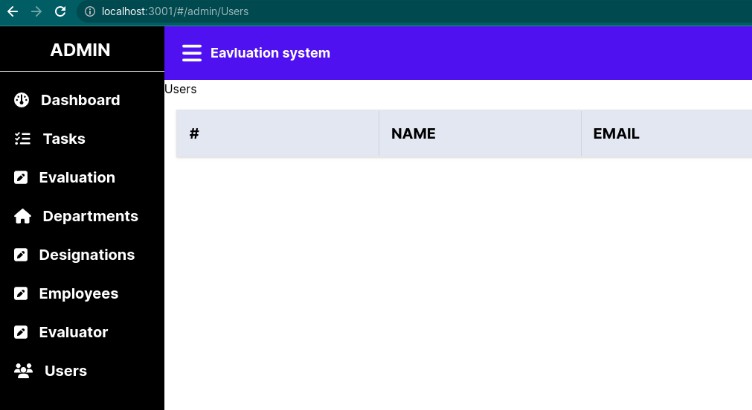react-chicane
A simple and safe router for React and TypeScript.
Installation
yarn add react-chicane
Run the example
git clone [email protected]:zoontek/react-chicane.git
cd ./react-chicane/example
yarn install && yarn dev
? Usage
Creating a router
This library exports only one function: createRouter. The goal behind this is to enforce listing all your project routes using fancy names in a file and use the strongly typed methods returned.
import { createRouter } from "react-chicane";
const { useRoute } = createRouter({
root: "/",
users: "/users",
user: "/users/:userId",
});
const App = () => {
const route = useRoute(["root", "users", "user"]);
if (!route) {
return <h1>404</h1>;
}
// route object is a discriminated union
switch (route.name) {
case "root":
return <h1>Homepage</h1>;
case "users":
return <h1>Users</h1>;
case "user":
// params are strongly typed
return <h1>User {route.params.userId}</h1>;
}
};
? Note: I strongly recommand using a pattern matching library, like the excellent ts-pattern.
✍️ Path syntax
react-chicane doesn’t bother about what’s inside your path, your search params or your hash. It only exposes an object, params.
- A param in your path will result in a required
string - A param in your search or your hash will result in an optional
string - A mutiple param in your search will result in a optional
string[]
import { createRouter } from "react-chicane";
export const { useRoute } = createRouter({
groups: "/groups",
group: "/groups/:groupId?:foo&:bar[]#:baz",
users: "/groups/:groupId/users",
user: "/groups/:groupId/users/:userId",
// it also supports wildcard routes!
"users*": "/groups/:groupId/users*",
});
const App = () => {
const route = useRoute(["groups", "group", "users", "user"]);
if (!route) {
return <h1>404</h1>;
}
switch (route.name) {
case "groups":
return route.params; // {}
case "group":
return route.params; // { groupId: string, foo?: string, bar?: string[], baz?: string }
case "users":
return route.params; // { groupId: string }
case "user":
return route.params; // { groupId: string, userId: string }
}
};
? Note: Non-param search and hash are not supported.
? Creating URLs
Because it’s also nice to create safe internal URLs, createRouter also returns createURL.
import { createRouter } from "react-chicane";
const { createURL } = createRouter({
root: "/",
users: "/users",
user: "/users/:userId",
});
createURL("root"); // -> "/"
createURL("users"); // -> "/users"
createURL("user", { userId: "zoontek" }); // -> "/users/zoontek"
⚙️ API
createRouter
Create a router instance for your whole application.
import { createRouter } from "react-chicane";
const Router = createRouter(
{
root: "/",
users: "/users",
user: "/users/:userId",
},
// { basePath: "/setup/basePath/here" }
);
? Note: All the following examples will use this Router instance.
Router.location
type Location = {
path: string[];
search: Record<string, string | string[]>;
hash?: string;
};
Router.location; // Location
Router.url
Router.url; // string
Router.navigate
Navigate to a given route.
Router.navigate("root");
Router.navigate("users");
Router.navigate("user", { userId: "zoontek" });
Router.replace
Same as navigate, but will replace the current route in the browser history.
Router.replace("root");
Router.replace("users");
Router.replace("user", { userId: "zoontek" });
Router.goBack
Go back in browser history.
Router.goBack();
Router.goForward
Go forward in browser history.
Router.goForward();
Router.createURL
Safely create internal URLs.
createURL("root"); // -> "/"
createURL("users"); // -> "/users"
createURL("user", { userId: "zoontek" }); // -> "/users/zoontek"
Router.useRoute
Listen and match a bunch of your routes. Awesome with pattern matching.
import { match } from "ts-pattern";
const App = () => {
// The order isn't important, paths are ranked using https://reach.tech/router/ranking
const route = Router.useRoute(["root", "users", "user"]);
match(route)
.with({ name: "root" }, () => null)
.with({ name: "users" }, () => null)
.with({ name: "user" }, ({ params } /* { groupId: string } */) => null)
.otherwise(() => <h1>404</h1>);
};
Router.useLink
As this library doesn’t provide a single component, we expose this hook to create your own customized Link.
const Link = ({
children,
href,
replace,
target,
}: {
children?: React.ReactNode;
href: string;
replace?: boolean;
target?: React.HTMLAttributeAnchorTarget;
}) => {
const { active, onClick } = Router.useLink({ href, replace, target });
return (
<a
href={href}
target={target}
onClick={onClick}
style={{ fontWeight: active ? 700 : 400 }}
>
{children}
</a>
);
};
// usage
<Link href={Router.createURL("user", { userId: "zoontek" })} />;
Router.useLocation
Listen and react on Router.location changes.
const App = () => {
const location: Location = Router.useLocation();
React.useEffect(() => {
console.log("location changed", location);
}, [location]);
/* … */
};
Router.useURL
Listen and react on Router.url changes.
const App = () => {
const url: string = Router.useURL();
React.useEffect(() => {
console.log("url changed", url);
}, [url]);
/* … */
};
Router.subscribe
Subscribe to location changes. Useful to reset keyboard focus.
const App = () => {
React.useEffect(() => {
const unsubscribe = Router.subscribe((location) => {
resetKeyboardFocusToContent();
});
return unsubscribe;
}, []);
/* … */
};
?♂️ Roadmap
- Improve documentation
- Tests, tests, tests
- Switch to
useMutableSource(React 18+) - Add navigation blocker
- Write a “focus reset” recipe
- Find a cool logo
- Create a website (?)
? Acknowledgements
- react-router for the
historyand theLinkcreation code. - reach-router for the path ranking algorithm.








